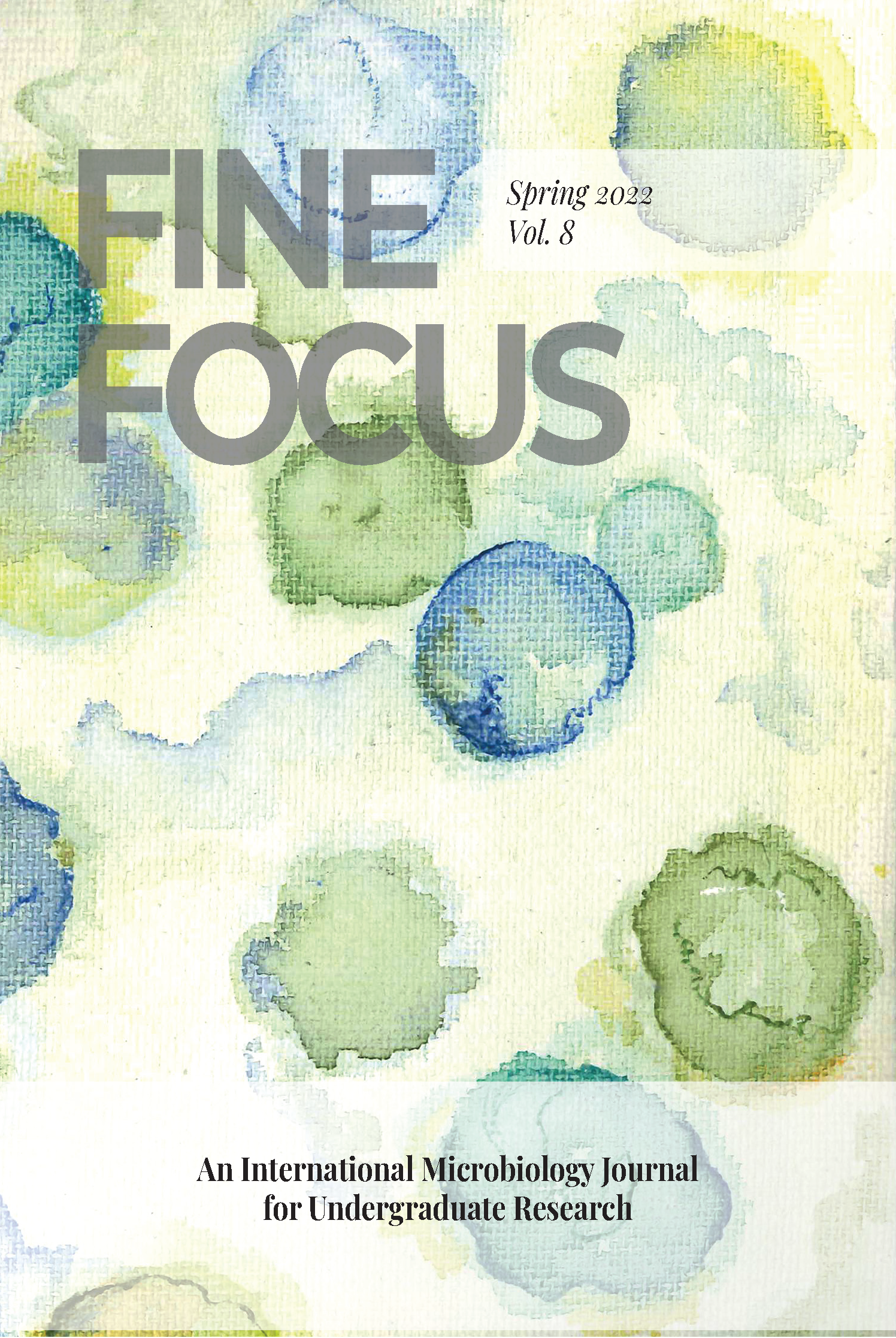Antibacterial Effects of Bitter Melon Extract in Combination With Commonly Prescribed Antibiotics
DOI:
https://doi.org/10.33043/FF.8.1.74-85Keywords:
Antibiotics, Antimicrobials, Bitter melon, Synergy, AntagonismAbstract
Antibiotics are commonly overprescribed or taken incorrectly, which has resulted in an alarming increase of antibiotic-resistant bacteria. One potential solution to combat this problem is administering multiple antibiotics together to achieve antibiotic synergy; when two or more antibiotics work together to increase antibacterial efficacy. When considering potential synergistic combinations of antibiotics, one possibility is to utilize antibacterial plant extracts in addition to common antibiotics. The goal of our research was to compare the antibacterial properties of the Chinese medicinal plant bitter melon (Momordica charantia) and four common antibiotics alone or in combination with bitter melon against Micrococcus luteus, Pseudomonas putida, and Escherichia coli. We hypothesized that combining the antibiotics with bitter melon extract would result in increased antibacterial effects against one or more bacterial strains. Oil from dried bitter melon was prepared using the Soxhlet extraction method. Antibacterial properties of bitter melon extract and carbenicillin, streptomycin, colistin, and tetracycline alone or in combination with the extract were determined by performing disk diffusion assays. Diameters of the resulting zones of inhibition for the two treatments were measured and analyzed for statistical significance by performing a two-tailed, paired sample t-test using Rguroo. We found that bitter melon extract individually had little to no antibacterial effect against any of the organisms tested. Interestingly however, combining bitter melon extract with common antibiotics resulted in synergistic effects in some cases, as well as one example of antibiotic antagonism.
These results demonstrate that plant-derived extracts can enhance the antibacterial effects of commonly prescribed antibiotics if paired correctly.
Downloads
Downloads
Published
How to Cite
Issue
Section
License
Copyright (c) 2022 Olivia Mae Ambrose, Tiffany Thanh Mai Nguyen, Emily M. Nowicki

This work is licensed under a Creative Commons Attribution-NonCommercial-NoDerivatives 4.0 International License.
By submitting to Fine Focus, the author(s) agree to the terms of the Author Agreement. Beginning in Fall 2018, all authors retain copyrights associated with their article contributions and agree to make such contributions available under a Creative Commons Attribution-NonCommercial 4.0 International license upon publication in Fine Focus. Copyrights to articles published prior to Fall 2018 have been transferred from the authors to Fine Focus.



